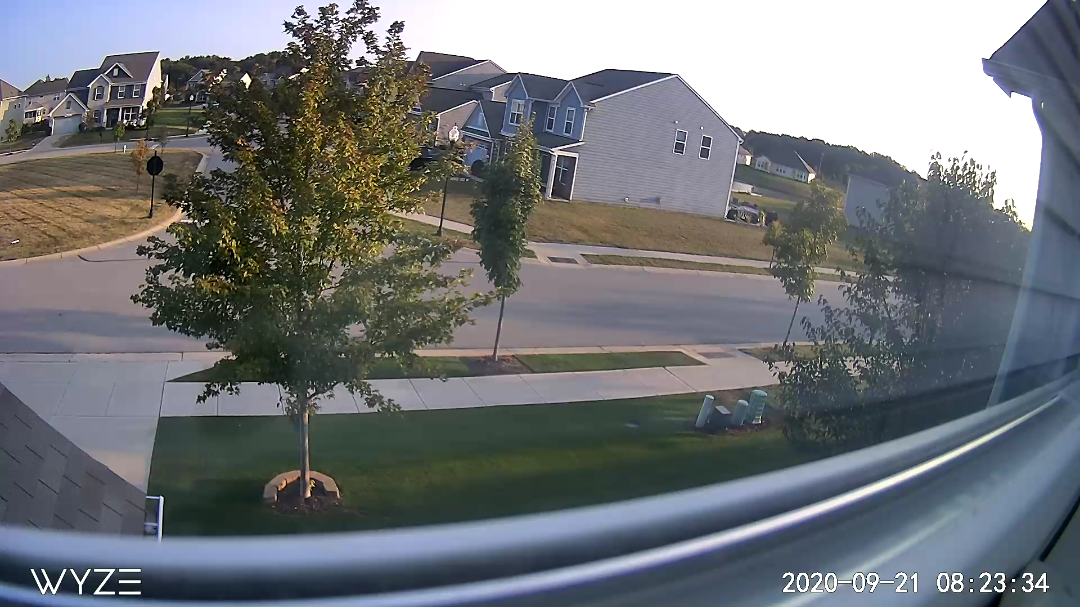Pretty much organic in the -garden-.
I will admit I did have a bad case of mites one year, so I did do a soil drench of imocropolid..
On the turf, I'm nowhere near that yet. I'm doing the whole alfalfa, soy, cornmeal feed but this year, due to not hitting the local feed sources, I've been going synthetic. And use I do use PreM and since I was just not -feeling like selective hand pulling-, I did walk around and spot sprayed .
Anyhow, for those in the OLC subforum, have you reached a point in your turf care, where you are as -close- to chem free as possible.
I will admit I did have a bad case of mites one year, so I did do a soil drench of imocropolid..
On the turf, I'm nowhere near that yet. I'm doing the whole alfalfa, soy, cornmeal feed but this year, due to not hitting the local feed sources, I've been going synthetic. And use I do use PreM and since I was just not -feeling like selective hand pulling-, I did walk around and spot sprayed .
Anyhow, for those in the OLC subforum, have you reached a point in your turf care, where you are as -close- to chem free as possible.





